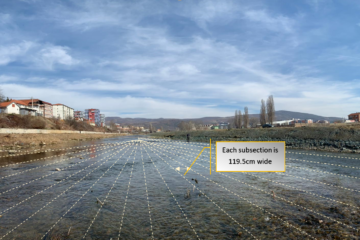Scientists all over the world warn us on daily basis that we need to stop with our waste habits and recycle more or use eco-friendly materials in order to preserve the environment. First of all, we need to reduce the amount of waste we throw. From environmental sustainability point of view, it is of utter importance to know how long it would take for certain types of waste to decompose. Some waste decomposes easily like organic matter in food that we eat, but other types of waste need decades, if not centuries to decompose.
- Paper products (4 – 6 weeks)
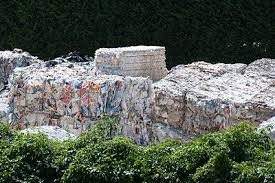
Considering the fact that the paper products are a natural product (cellulose fibers), these are one of the eco-friendliest materials for the nature. It takes around four to six weeks for paper products to decompose on their own.
- Food waste (1 month to several years)
One might think that food waste easily decomposes but that’s not the case with every food waste. It all depends on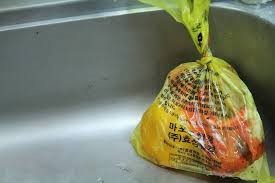 type of food and its composition.
type of food and its composition.
Banana or apple usually decompose totally in six months. Food waste contributes significantly to climate change since all the food waste thrown at landfill decomposes underground, without oxygen, thus it creates methane which goes into the atmosphere, polluting it.
- Batteries (heavy metals inside – never; metal parts – 100 years)
Batteries are considered to be the most hazardous waste ever made by humans, along with plastics. Batteries 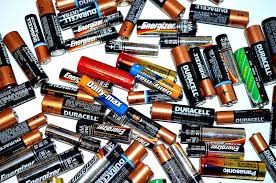 consist of thin metal exterior sheet that acts a protection layer for heavy metals that are inside, at its very core. Lithium-ion batteries (used in mobile phones in early 2000) are the ones with the lowest content of heavy metals, while the Zinc-carbon and alkaline manganese batteries (used nowadays in flashlights or remote controllers) contain worrying levels of cadmium and mercury, among other heavy metals.
consist of thin metal exterior sheet that acts a protection layer for heavy metals that are inside, at its very core. Lithium-ion batteries (used in mobile phones in early 2000) are the ones with the lowest content of heavy metals, while the Zinc-carbon and alkaline manganese batteries (used nowadays in flashlights or remote controllers) contain worrying levels of cadmium and mercury, among other heavy metals.
Extremely toxic to the environment, the chemicals inside will never decompose and will only pollute the soil around. It takes more than 100 years for metal part of batteries to decompose.
- Plastics (up to 1000 years)
Plastic is made out of organic materials like natural gas, cellulose, salt and most importantly crude oil. Crude oil is 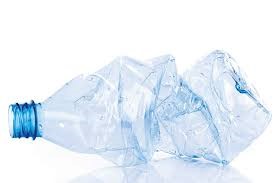 a mixture of more than a thousand of compounds, which are to be processed before use. The production of plastics begins with the distillation and separation of the heavy crude oil into groups of lighter components, known as fractions. It takes around 500 years for plastics to decompose in water, while it takes up to 1000 years for it to completely break down in soil.
a mixture of more than a thousand of compounds, which are to be processed before use. The production of plastics begins with the distillation and separation of the heavy crude oil into groups of lighter components, known as fractions. It takes around 500 years for plastics to decompose in water, while it takes up to 1000 years for it to completely break down in soil.
- Glass (never)

Glass is made from sand (mostly made out of silicon dioxide) which when melted turns into a liquid, which can then be shaped into desired form. This is one of the most natural products on our planet. Glass is also the most easily-recycled product, because it is easy to recycle it. But what’s interesting is that it may take up to a million years for glass to decompose.
- Other Waste
- Leather shoes – 25-40 years
- Fishing Line – 600 years;
- Cigarette Butts – 10-12 years;
- Plywood – 1-3 years;
- Lumber- 10-15 years;
- Cardboard – 2 months;
- Styrofoam- It does not biodegrade;
- Ropes – 3-14 months;
- Aluminum cans- 200-250 years;
- Canvas – 1 year;
- Cotton Glove – 3 months;
- Sanitary Pads – 500-800 years;
- Wool Clothing- 1-5 years;
- Tinfoil- It does not biodegrade.


